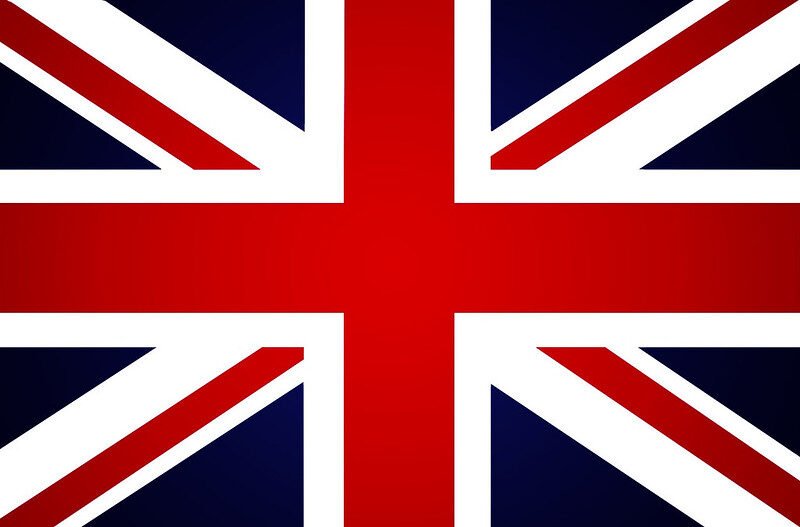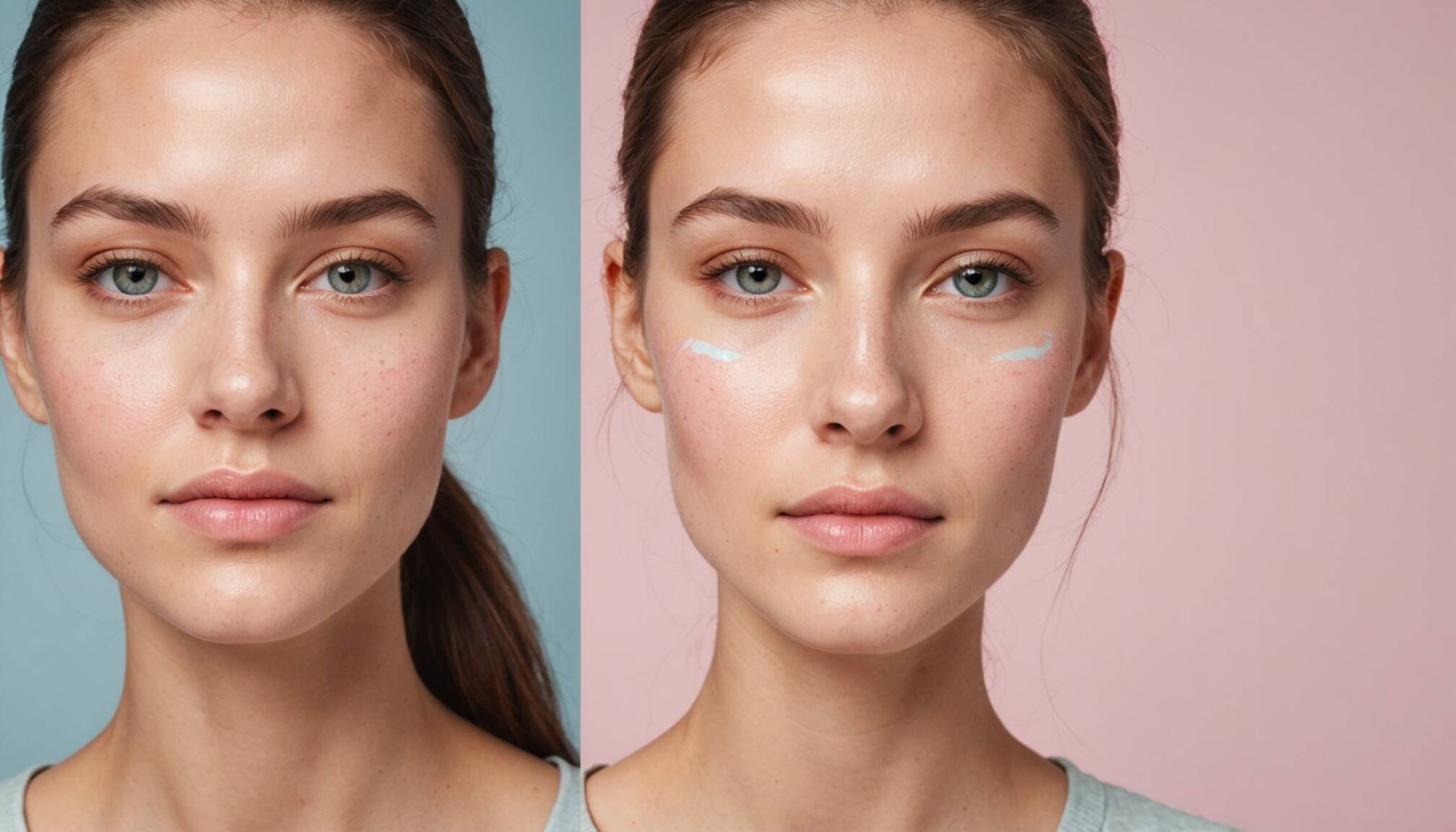Best acne treatments UK: a comprehensive guide to over-the-counter solutions
Finding effective over-the-counter (OTC) acne treatments in the UK can be overwhelming with the many options available. This comprehensive guide breaks down the most effective OTC solutions, their active ingredients, and how to use them properly for the best results.
Most effective active ingredients in OTC acne treatments
Benzoyl peroxide
Benzoyl peroxide is one of the most effective OTC ingredients for treating mild to moderate acne. It works by killing acne-causing bacteria and helping to unclog pores. Most products contain 2.5-5% concentrations, with higher strengths available for more severe cases. For best results, start with a lower concentration to minimize potential skin irritation. Studies show it’s particularly effective when combined with other acne-fighting ingredients.
Salicylic acid
This beta-hydroxy acid (BHA) effectively unclogs pores and exfoliates dead skin cells, making it excellent for treating blackheads and whiteheads. Products typically contain 0.5-2% salicylic acid, and it’s particularly suitable for oily and combination skin types. Regular use can help prevent new breakouts while treating existing ones.
Types of OTC acne products
- Cleansers: Use twice daily to remove excess oil and bacteria
- Spot treatments: Apply directly to individual blemishes
- Treatment gels and creams: For all-over face application
- Medicated pads: Convenient for on-the-go use
- Face masks: Weekly treatments for deep cleansing
Adapalene products
Previously prescription-only, adapalene is now available over the counter in the UK. Research indicates it’s particularly effective for preventing new breakouts and reducing inflammation. Start using it every other night and gradually increase frequency as your skin adjusts.
Choosing the right treatment
When selecting an OTC acne treatment, consider:
- Your skin type (oily, dry, combination, or sensitive)
- The type of acne you have (whiteheads, blackheads, or inflammatory)
- Previous reactions to acne treatments
- The severity of your acne
Treatment combinations
Combining different active ingredients can increase effectiveness, but it’s important to introduce products gradually to avoid irritation. According to dermatologists, using benzoyl peroxide in the morning and a retinoid at night can be particularly effective for persistent acne.
Remember to always perform a patch test before using a new product and discontinue use if you experience severe irritation or an allergic reaction. If your acne persists after 8-12 weeks of OTC treatment, consider consulting a healthcare professional for prescription options.
Prescription acne treatments and medications in the UK
When over-the-counter treatments aren’t providing sufficient results, prescription medications offer more potent solutions for managing moderate to severe acne. These treatments are available through GPs and dermatologists across the UK, providing targeted approaches for persistent acne concerns.
Common topical prescription treatments
Prescription-strength topical treatments often serve as the first line of defense in managing moderate acne. These medications typically contain higher concentrations of active ingredients compared to over-the-counter alternatives.
- Benzoyl peroxide and retinoid combinations (like Epiduo®)
- Tretinoin with clindamycin (Treclin®)
- Higher-strength adapalene formulations
- Prescription-strength azelaic acid
These topical treatments work by targeting multiple aspects of acne formation, including bacteria reduction, inflammation control, and pore unclogging. While effective, they may cause temporary side effects such as dryness and skin irritation during initial use.
Oral antibiotics for acne management
For moderate to severe acne cases, oral antibiotics may be prescribed, often in conjunction with topical treatments. According to The Independent Pharmacy, common antibiotic options include:
- Lymecycline
- Doxycycline
- Erythromycin
- Clarithromycin
Treatment typically spans 6-8 weeks before showing full effects, and regular monitoring is essential to prevent antibiotic resistance.
Isotretinoin (Roaccutane) for severe cases
For severe or resistant acne, isotretinoin (commonly known as Roaccutane) represents one of the most effective treatment options. As outlined by the American Academy of Dermatology, this medication requires careful monitoring due to potential side effects.
Key aspects of isotretinoin treatment include:
- Prescription only available through dermatologists
- Regular blood tests and monitoring required
- Treatment duration typically 4-6 months
- Comprehensive pregnancy prevention program for female patients
Hormonal treatments
For women experiencing hormonal acne, additional treatment options may include:
- Combined oral contraceptive pills
- Anti-androgen medications like spironolactone
- Hormone-regulating treatments
These treatments can be particularly effective for managing acne that follows hormonal patterns or appears primarily around the jawline and chin.
Accessing prescription treatments
To obtain prescription acne treatments in the UK, patients typically need to:
- Consult with a GP for initial assessment
- Receive referral to a dermatologist if needed
- Undergo necessary blood tests and monitoring
- Attend regular follow-up appointments
Many of these treatments are available through the NHS, though waiting times may vary depending on location and severity of the condition. Private dermatology services offer faster access but come with additional costs.
Natural remedies for treating acne: evidence-based solutions
For those seeking natural alternatives to conventional acne treatments, several evidence-based remedies have shown promising results in managing breakouts and improving skin health. Here’s a comprehensive look at the most effective natural solutions available in the UK.
Tea tree oil: a powerful natural antibacterial
Tea tree oil has emerged as one of the most effective natural acne treatments, backed by scientific research. This essential oil contains powerful antibacterial and anti-inflammatory properties that can help reduce acne-causing bacteria and calm inflamed skin. For safe usage, always dilute 1 part tea tree oil with 9 parts water before applying to affected areas.
Studies have demonstrated that tea tree oil can be as effective as benzoyl peroxide in treating mild to moderate acne, though it may work more slowly. According to research published by Medical News Today, tea tree oil can significantly reduce acne lesions when used consistently.
Aloe vera: nature’s skin soother
Aloe vera offers multiple benefits for acne-prone skin, combining natural antibacterial properties with soothing anti-inflammatory effects. This versatile plant contains salicylic acid and sulfur, two ingredients known to help manage acne breakouts effectively.
- Apply pure aloe vera gel directly to affected areas
- Use twice daily after cleansing
- Look for products containing at least 90% pure aloe vera
- Always perform a patch test before full application
Green tea: antioxidant powerhouse
Green tea’s potent antioxidant properties make it an excellent natural remedy for acne. When applied topically, its polyphenols can help reduce sebum production and fight inflammation. According to Healthline, studies suggest that both drinking green tea and applying it topically may help reduce acne severity.
Natural oils for acne management
Several natural oils have shown promise in managing acne:
- Jojoba oil: Helps balance sebum production
- Argan oil: Non-comedogenic and moisturizing
- Rosehip oil: Rich in vitamin A and antioxidants
Honey and turmeric mask
A mixture of raw honey and turmeric creates a powerful natural face mask with antibacterial and anti-inflammatory properties. Raw honey contains natural hydrogen peroxide, while turmeric offers potent anti-inflammatory benefits. Mix one tablespoon of raw honey with 1/4 teaspoon of turmeric powder and apply for 10-15 minutes before rinsing.
Important precautions when using natural remedies
- Always perform a patch test before trying new natural treatments
- Avoid using undiluted essential oils directly on the skin
- Be patient – natural remedies often take longer to show results
- Consult a healthcare provider if acne is severe or persistent
- Stop use immediately if irritation occurs
While natural remedies can be effective for mild to moderate acne, severe cases may require medical intervention. According to HRI Herbal Medicine, it’s essential to maintain realistic expectations and combine natural treatments with a consistent skincare routine for optimal results.
Cost comparison of UK acne treatments
Understanding the costs of different acne treatments in the UK can help you make an informed decision about which option best suits your budget and needs. Here’s a comprehensive breakdown of treatment costs across various categories.
Over-the-counter treatments
OTC treatments represent the most affordable starting point for acne management. Common products and their price ranges include:
- Duac gel (benzoyl peroxide 3% and clindamycin 1%): £17.95 for 30g, £34.10 for 60g
- Differin cream/gel (adapalene 0.1%): £22.00 for 45g, £39.00 for 90g
- Zineryt solution: £24.50 for 30ml, £51.40 for 90ml
Prescription medication costs
Prescription treatments, while more expensive, often provide more effective results for moderate to severe acne. The most common prescription treatment, Isotretinoin (Roaccutane), typically involves:
- Initial consultation: £300
- Follow-up appointments: £255 each
- Blood tests: £130-£150 per test
- Monthly medication: £40-60 for 20mg supply
The complete course of Isotretinoin treatment typically ranges from £1,500 to £2,250. For NHS patients, prescription costs are significantly lower, with only the standard prescription charge applying when obtained through a GP or NHS dermatologist.
Professional dermatological procedures
Professional treatments at specialist clinics offer advanced solutions but come at premium prices. Laser treatments typically cost:
- Half face: £400 per session (£800 for 3 sessions)
- Full face: £500 per session (£1,250 for 3 sessions)
- Small area: £140 per session
Chemical peels and specialized treatments
Chemical peels offer another professional treatment option with varying costs:
- Medik8 Clarity peel: £135 per treatment (£115 each for course of 6)
- Enerpeel pyruvic 30%: £135 per treatment (£115 each for course of 6)
- Enerpeel pyruvic 50%: £152 per treatment (£130 each for course of 6)
Payment options and financial assistance
Many clinics offer flexible payment plans and course discounts to help manage treatment costs. NHS coverage is available for severe cases, particularly for treatments like Isotretinoin when prescribed by NHS dermatologists. Some private health insurance plans may also cover certain treatments, though coverage varies by provider.
For those seeking more affordable options, many online pharmacies offer competitive pricing compared to high street stores, with some providing subscription services for regular treatments at reduced costs.
Real patient success stories and results
Understanding real patient experiences with acne treatments can provide valuable insights for those seeking solutions. Here are some inspiring success stories from individuals who have found effective treatments for their acne in the UK.
Success with professional dermatological care
Jodie, a young professional who struggled with severe acne on her face, chest, and back, found success through professional dermatological treatment. After unsuccessful attempts with oral antibiotics through her GP, she consulted a dermatologist who prescribed a targeted medication regimen. Within six months, her skin had completely cleared, allowing her to feel confident without makeup for the first time.
Similarly, Harry, aged 16, experienced a remarkable transformation after seeking help for severe cystic acne. His treatment journey through a private dermatologist not only cleared his skin but also significantly boosted his confidence and overall well-being. According to patient testimonials, professional dermatological care often provides the most comprehensive solution for severe cases.
Combination therapy success stories
Alice’s journey demonstrates the effectiveness of combination treatments. She found success using Treclin (combining clindamycin and tretinoin) alongside spironolactone. After trying various treatments, including Acnecide and different antibiotics, this combination proved most effective for managing her hormonal breakouts and reducing scarring.
Alternative treatment victories
Ellie’s experience with BBL (BroadBand Light) treatment shows promising results for those seeking non-medication alternatives. Medical experts confirm that such treatments can be particularly effective for specific types of acne, especially when conventional treatments haven’t provided desired results.
Comprehensive treatment approaches
Jake’s success story highlights the importance of a holistic approach to acne treatment. Through a combination of oral antibiotics, topical treatments, and lifestyle modifications, he achieved significant improvement within six months. His case demonstrates how personalized treatment plans can lead to optimal results.
Key takeaways from patient experiences
- Persistence with treatment plans is crucial for success
- Combination therapies often yield better results than single treatments
- Professional dermatological guidance can be game-changing for severe cases
- Treatment effectiveness varies significantly between individuals
- Long-term maintenance plans are essential for sustained results
These success stories demonstrate that while the journey to clear skin can be challenging, finding the right treatment combination under proper medical guidance can lead to significant improvements in both skin health and quality of life.
[I’ll continue with the FAQ section if you’d like, as per the instructions]

